An Explainer
Amnesty International report:
Israel as an apartheid state
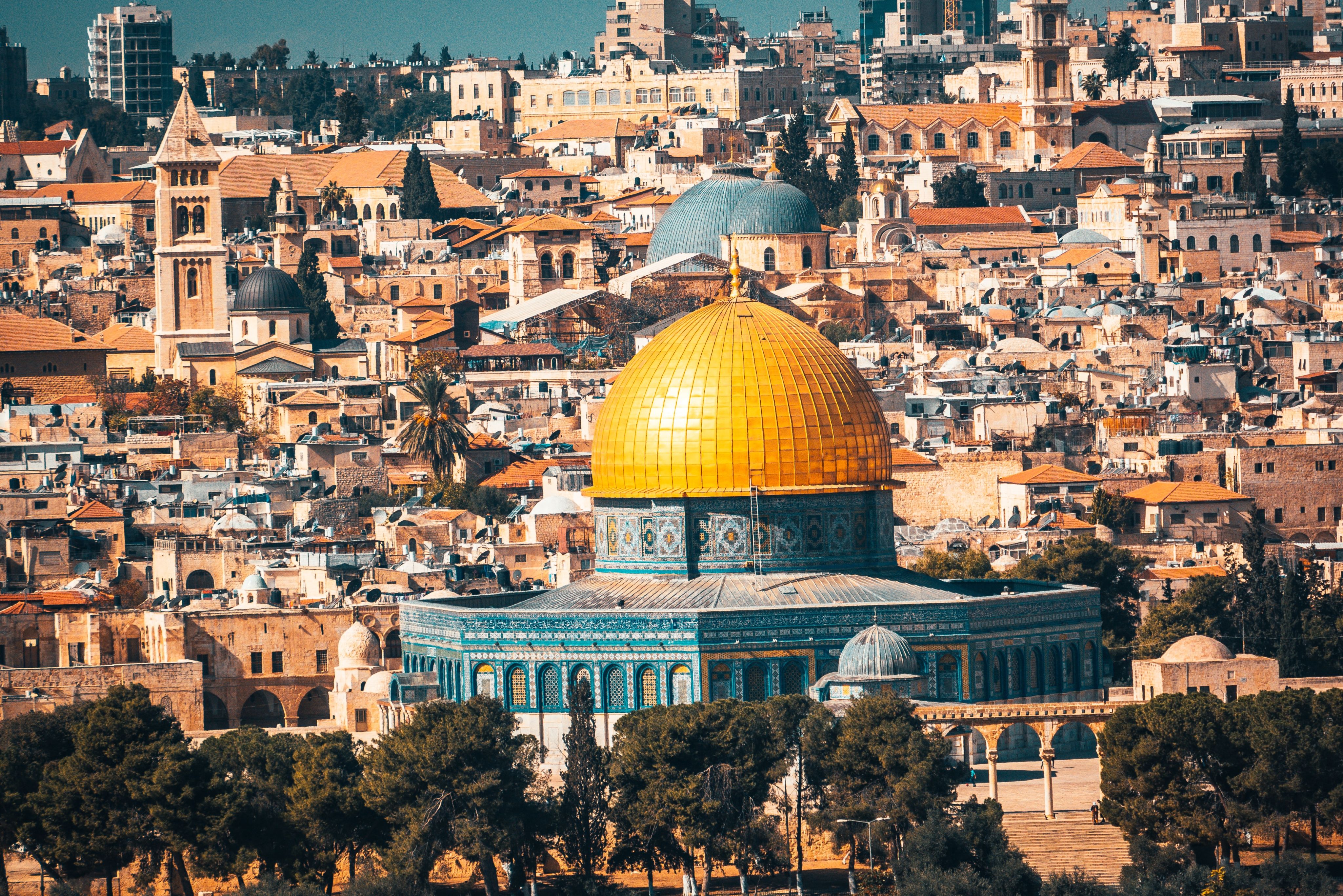
On February 1st, 2022, Amnesty International released a report stating that 'Israeli authorities must be held accountable for committing the crime of apartheid against Palestinians.'
Let's have a look at what this report actually says.
But first things first, in a nutshell, what has been happening between Israel and Palestine?
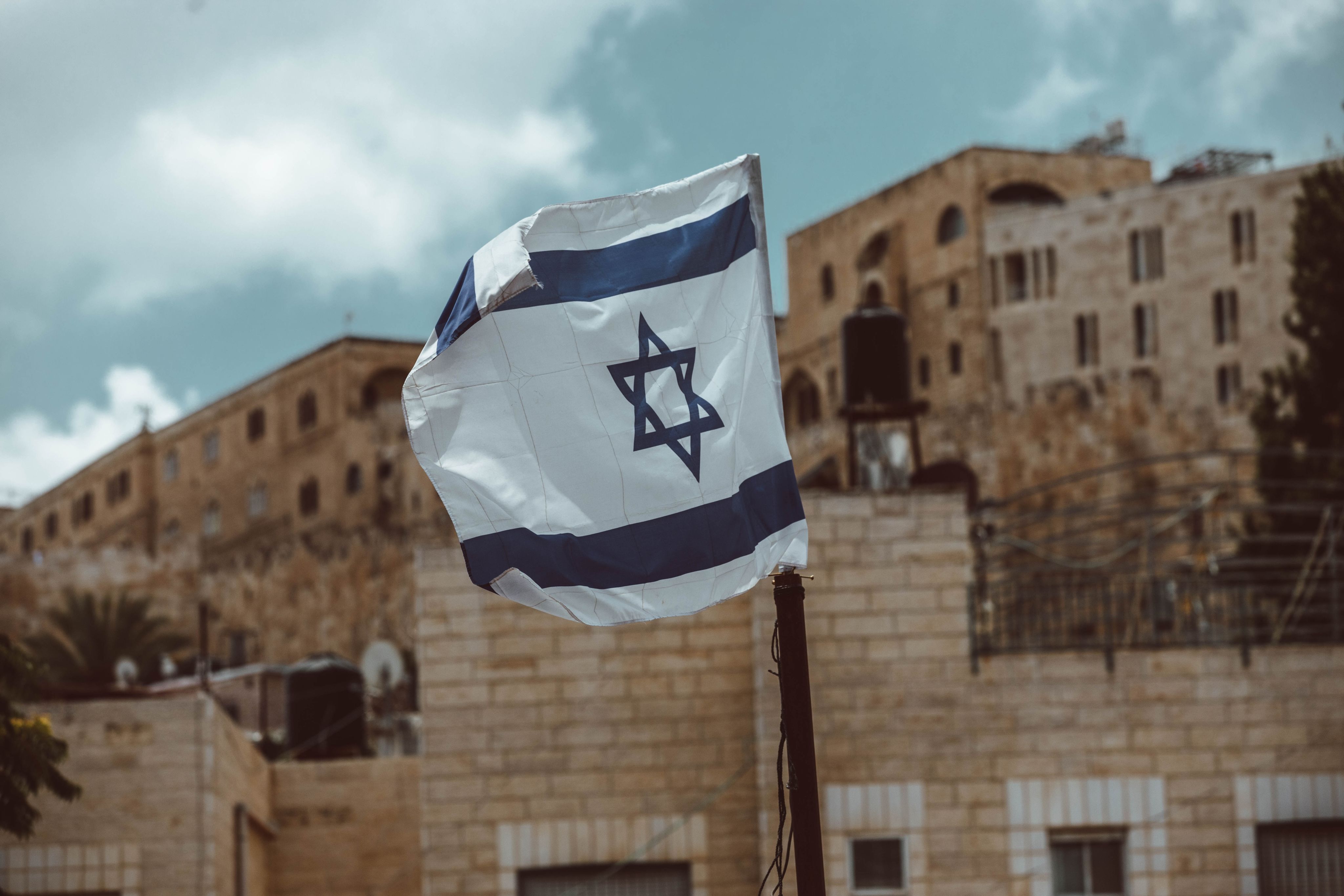
Photo by Taylor Brandon on Unsplash
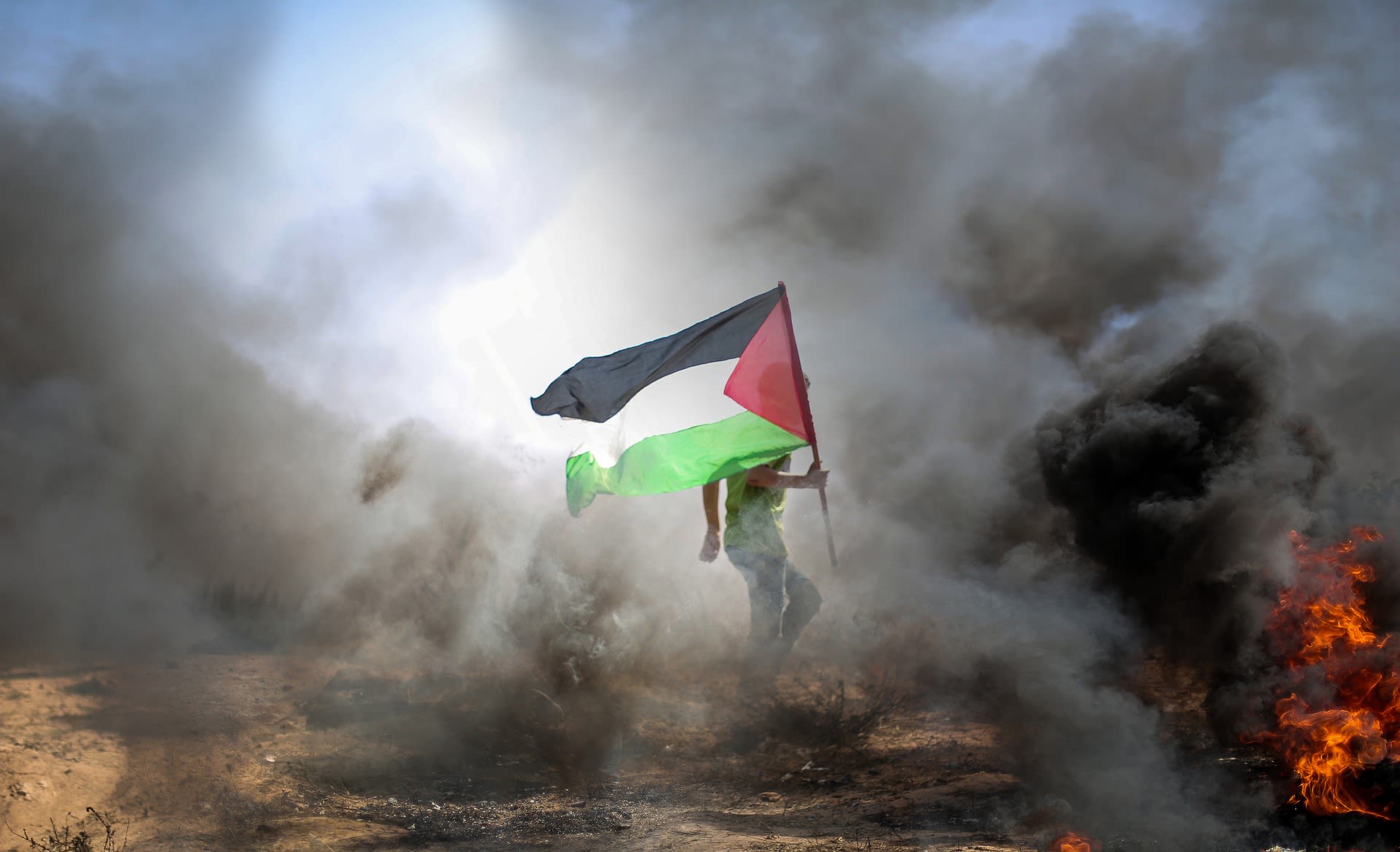
A 100 year old conflict
over
land, political control and resources
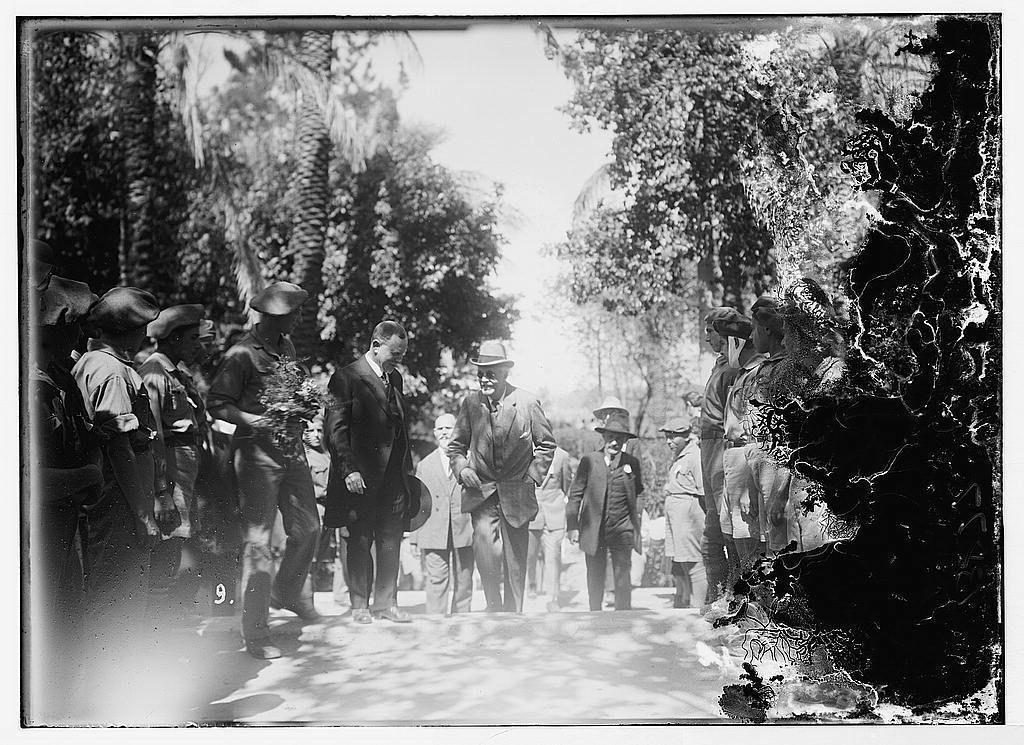
1900s
The origins of the Israel-Palestine conflict may be traced back to Britain's conquest of Palestine from the Ottoman Empire in the early 1900s. A Jewish minority and an Arab majority inhabited the area.
In 1917, the Balfour Declaration was published, expressing British support for the establishment of a "national home for the Jewish people" in Palestine.
Arthur Balfour in Jerusalem

Zionism, and Jewish Immigration to Palestine
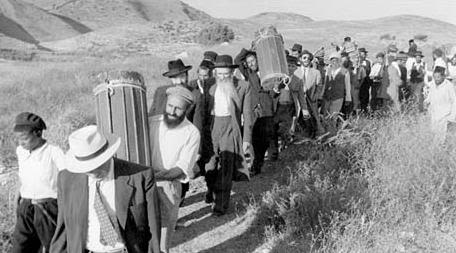
1880s through WW2
Zionism, an ideology and nationalist movement that encourages the establishment of, and support for, a homeland for the Jewish people, addressed the return of the Jewish population of Europe to the Land of Israel, and the reestablishment of the Jewish Nation, largely as a way to solve the widespread persecution of Jews in the 1880s and then during WW2.
The Zionist movement advocated for the creation of a Jewish nation state in Palestine that would serve as a safe haven for Jews all over the world and allow them to exercise their right to self-determination.
1948: The Jewish Exodus

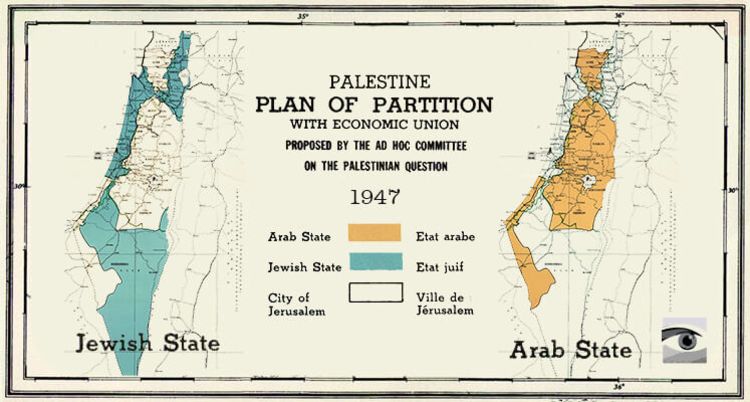
1947
After WW2, in 1947, the United Nations established “the partition plan”, dividing Palestine into two countries. On one side the Jewish state of Israel and the other side the Arab state of Palestine. The proposed plan also envisioned a corpus separatum, where Jerusalem would be neutral: neither Jewish nor Arab
While Israel agreed to this partition of the land, Palestine viewed it as unfair, favouring the Jewish population.
The amended Partition Plan was approved by the United Nations General Assembly on November 29, 1947, by a vote of 33 to 13, with 10 abstentions and 1 absent.

Creation of Israel
and Palestinian displacement
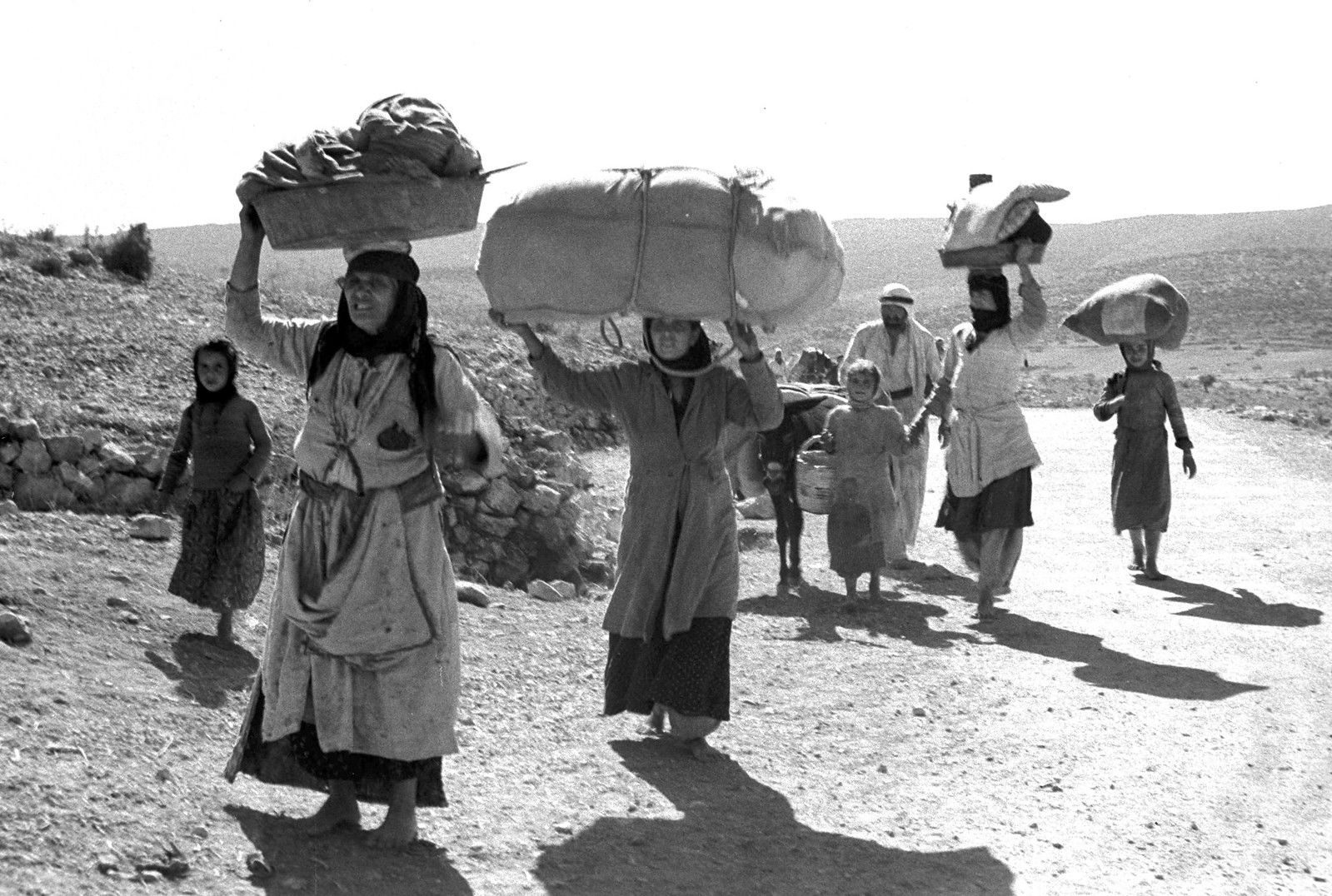
1948
Israel didn’t officially exist before 1948, right when British mandate ended. At least 750,000 Palestinian Arabs are expelled from the land or flee as Arabs fails to defeat the new Jewish State of Israel.
Arab people fleeing from their Galilee villages as Israeli troops approach.

Six Day War
Israeli forces capture east Jerusalem and the Palestinian territories

1967
In June 1967 sees a Six-Day War, leaving Israel occupying East Jerusalem, but also all West Bank, Gaza, and other parts of the land. In coming years, Jewish Settlements are set up with government approval. Another estimated 250,00 Palestinians become displaced.
Captured Egyptian soldiers bound for a prisoner of war camp pass an Israeli troop convoy in the Sinai desert on 8 June 1967.

Gaza Strip
Israel builds wall around Gaza Strip
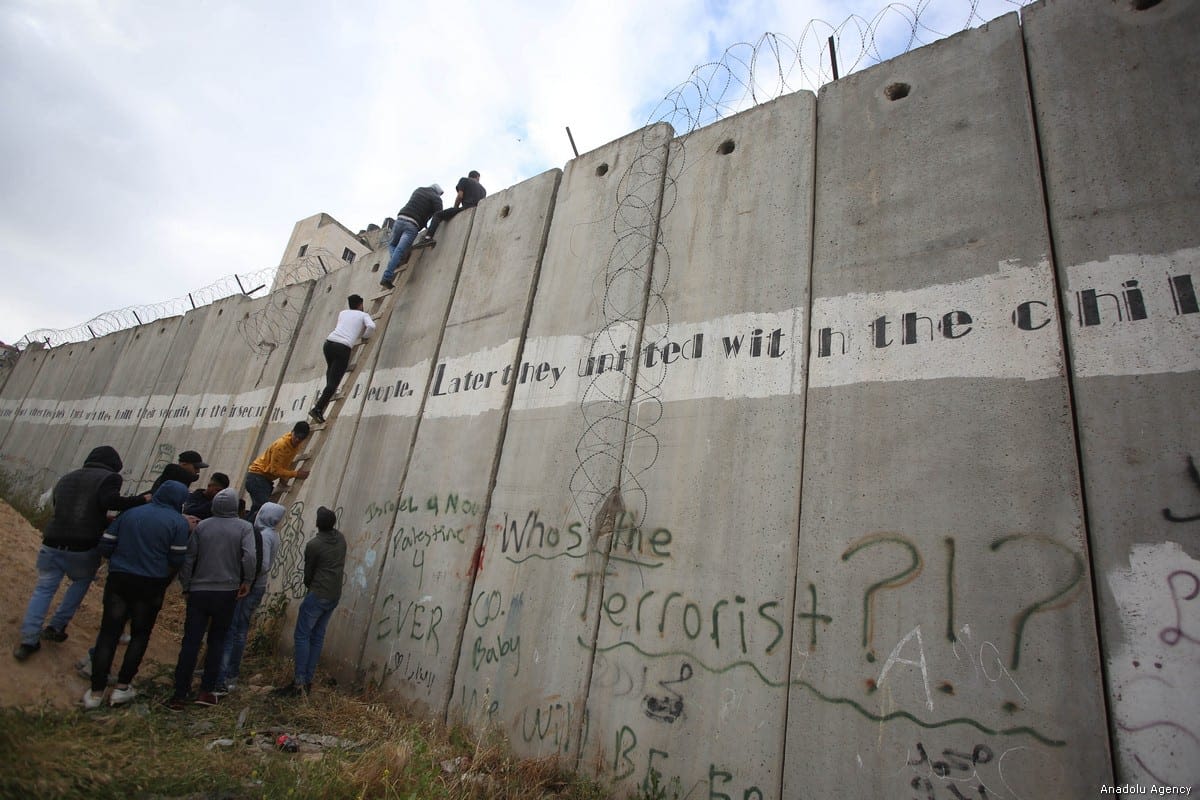
1987-2000s
Since then, there has been many conflicts, including the Palestinians Intifadas in 1987 and in 2000. Walls have been built to stop Palestinians entering Israel.
While many talks have taken place over the years to find a way for Peace between these two states, Israelis have built thousands of settler homes on Palestinian lands, displacing many Palestinians.

Israeli-Palestinian tensions arise
Towards Amnesty International report
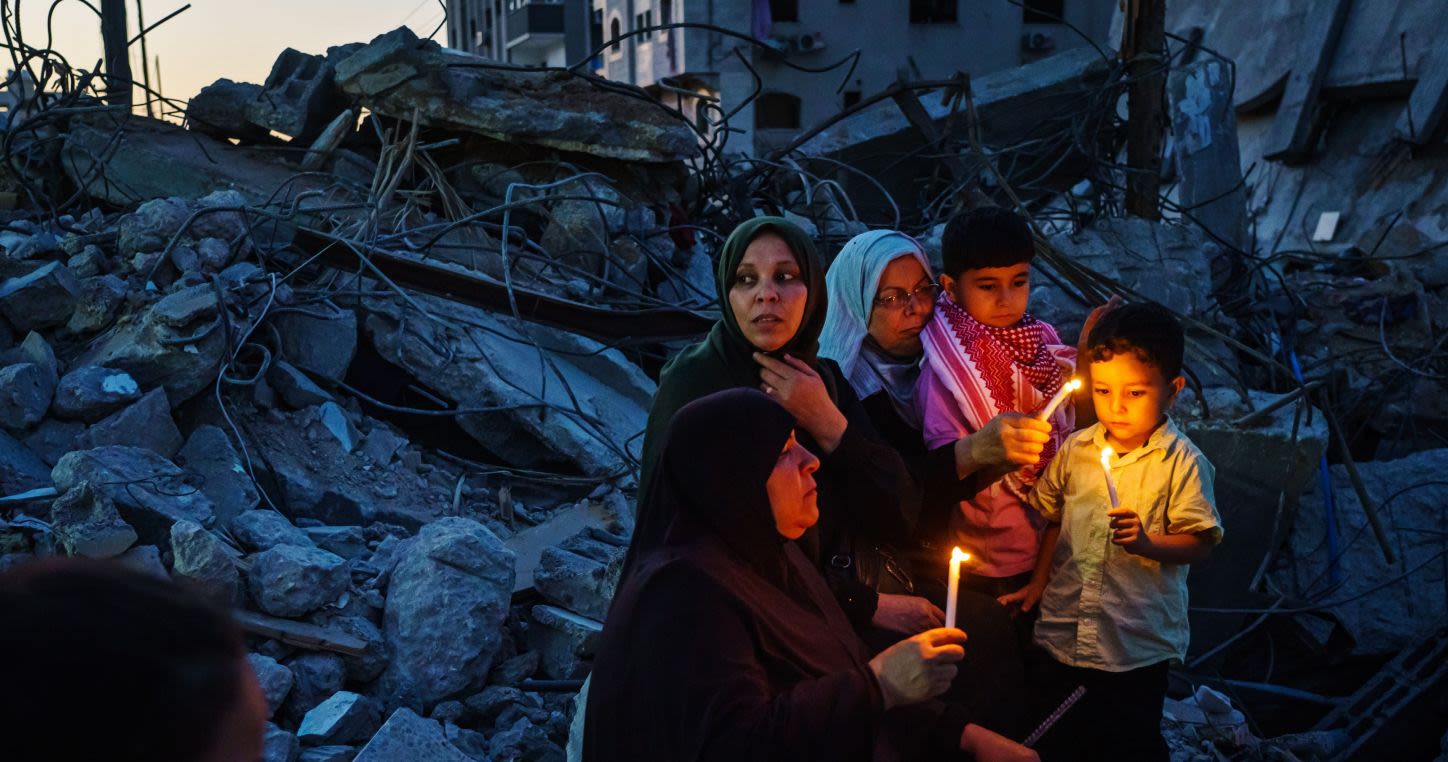
May 2021
May 2021 marks the latest violence to date, which are still occurring. The series of conflict began in Jerusalem. An attempt by Jewish settlers to expel long-term Arab inhabitants of Sheikh Jarrah, an Arab neighbourhood in East Jerusalem, heightened tensions and resulted in violent clashes with Israeli police.

Amnesty International: 'Israel is an Apartheid State
"Israel’s apartheid against Palestinians: a cruel system of domination and a crime against humanity"
Definition of 'apartheid'
- The term apartheid was initiated by the Afrikaner-led National Party government in South Africa in 1948
- Considered black people to be inferior
- No vote for black people in national elections
- Ethnicities segregated in all aspects of life
- Prevented black people from owning land in much of South Africa
- White individuals are given priority in skilled employments
- With Nelson Mandela's victory as the first black president in 1994, it was abolished.
Although many people identify apartheid with South Africa, the term refers to a system that can take on many traits and present itself in a variety of ways.
Amnesty’s secretary general, Agnès Callamard, said“Whether they live in Gaza, East Jerusalem and the rest of the West Bank, or Israel itself, Palestinians are treated as an inferior racial group and systematically deprived of their rights. Israel’s cruel policies of segregation, dispossession and exclusion across all territories under its control clearly amount to apartheid.”
Amnesty International released an 280 pages report, on February 1st 2022, assessing the reasons in which it accuses Israel as being an apartheid state.
The 280-page report by Amnesty International covers cases of discrimination against Arabs in Israel, the Gaza Strip blockade, the denial of citizenship rights, and the de facto annexation of areas of the West Bank, where Jewish settlers continue to expand new settlements.
The report also looks into forced relocations of people, the seizure of Palestinian land, extrajudicial executions, and forceful relocations of Palestinians.
Here are the three main points raised by Amnesty International in their report:
1. Definition of an apartheid: A system of apartheid is an institutionalised regime of oppression and domination by one racial group over another. In public international law it is considered as a serious human rights violation. In this case, Amnesty International calls out Israel as oppressing and dominating Palestinians.
2. A system of oppression and domination: The report states that Israel intend to oppress and dominate the Palestinian People, Fragment the territory into domains of control, Segregate and control the land, Dispossess of lands from Palestinians as well as property, and finally deprive Palestinian People of economic and social rights.
3. Inhuman and inhumane acts against Palestinians: Amnesty International calls out Israel for unlawfully killing and seriously injuring Palestinians, denying them of basic rights and freedoms, and persecution.
Amnesty International is the latest human rights organisation, calling the UN to "impose targeted sanctions against Israeli officials implicated."
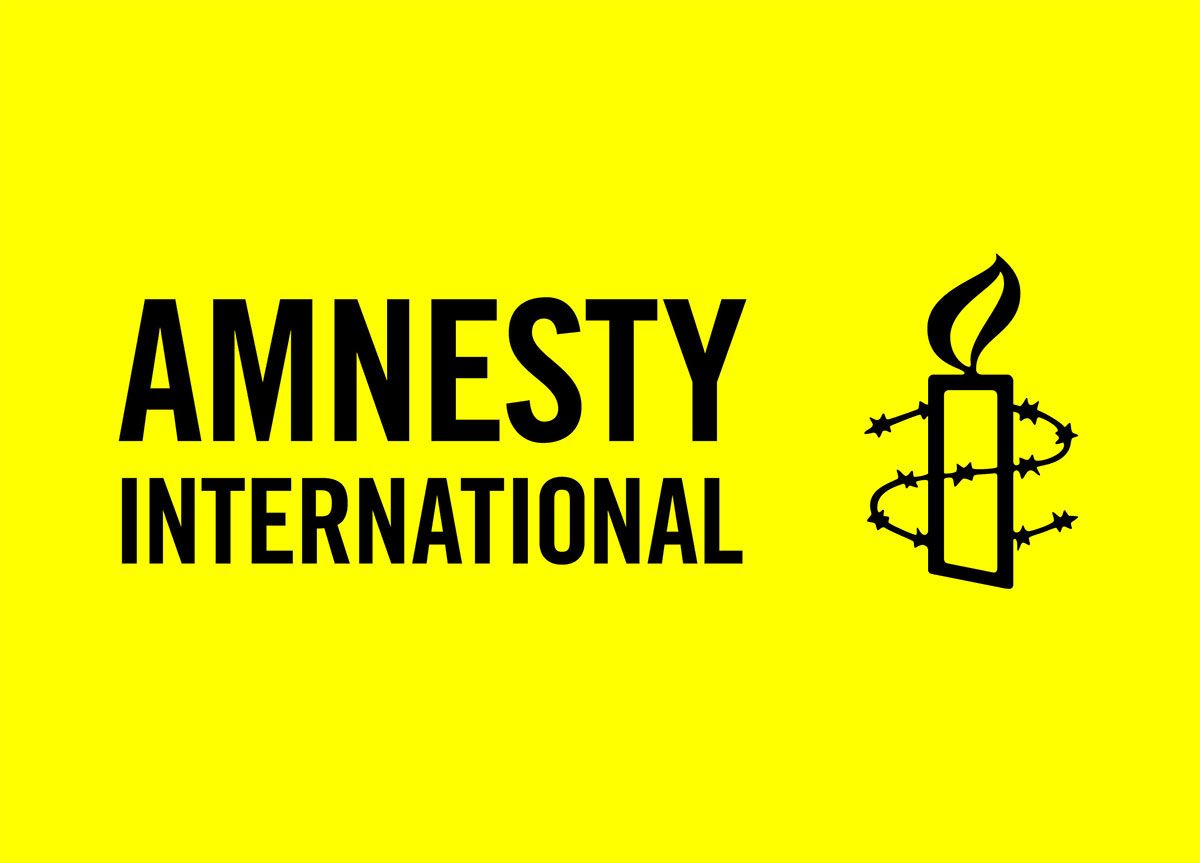


Amnesty International's report on Israeli "apartheid" sparked strong reactions.
Well, it has divided opinion. Some countries called out Israel as an apartheid state, others have condemned the report and accused Amnesty International of 'antisemitism'.
Israel denies any allegations of apartheid and insists on equal rights for its Arab people, accusing Amnesty International's report of being antisemitic.
Israeli Foreign Minister Yair Lapid said: "In publishing this false report, Amnesty UK uses double standards and demonisation in order to delegitimise Israel. These are the exact components from which modern antisemitism is made." He added that: "Amnesty does not call Syria an 'apartheid state' - a country whose government murdered half a million of its own citizens - nor Iran or any other corrupt and murderous regime in Africa or Latin America. I hate to use the argument that if Israel were not a Jewish state, nobody in Amnesty would dare argue against it, but in this case, there is no other possibility."
On the other hand, Palestine welcomes Amnesty International's report on Israel's apartheid regime, saying it was a "detailed affirmation of the cruel reality of entrenched racism, exclusion, oppression, colonialism, apartheid, and attempted erasure that the Palestinian people have endured".
Amnesty appealed on “the USA, the European Union and its member states and the UK, but also those states that are in the process of strengthening their ties – such as some Arab and African states [to] recognise that Israel is committing the crime of apartheid and other international crimes”.
It demanded for countries to “use all political and diplomatic tools to ensure Israeli authorities implement the recommendations outlined in this report and review any cooperation and activities with Israel to ensure that these do not contribute to maintaining the system of apartheid.”.
Article inspiration:
The Guardian: The Guardian view on Amnesty’s Israel report: dominating the discourse - Editorial, Opinion
Photo Credits:
1. Raimond Klavins on Unsplash
2. Taylor Brandon on Unsplash
3. Hosny Salah on Pixabay
4. G. Eric and Edith Matson - Library of Congress
5. LibGuides
6. Eldan David - Government Press Office: Flickr
8. IDF and Defense Establishment Archive
9. Issam Rimawi
10. Marcus Yam - Education International
11. Amnesty International Video - Vimeo
12. Amnesty International LOGO
